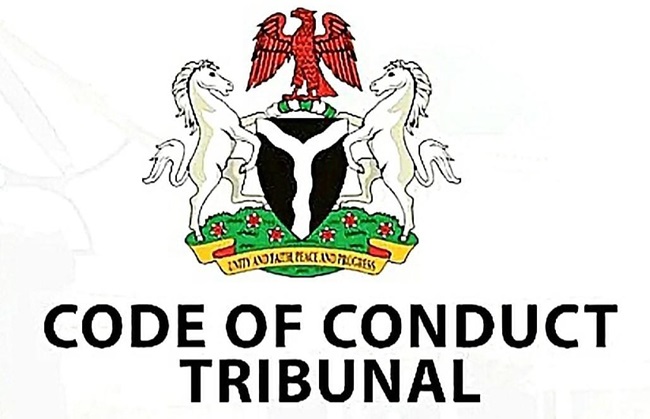Can a Full Time Public Office Holder Who Earns Consequential Emoluments Recieve Emoluments of Any Other Public Office at The Same Time?

Opinion
The Public Service made up of Civil Servants and Non-Civil Servants, constitutes the bureaucracy of every country. They (Civil Servants and Non-Civil Servants) are the people who implement government programmes—policies and projects.
They work in government ministries, departments and agencies better known as MDAs—full time or part time. Not every Public Servant is a Civil Servant, but every Civil Servant is a Public Servant.
The Public Service is established by section 169 of the 1999 Constitution. The Civil Service consists of several ministries, being a subsidiary of the Public Service.
The Public Service contains the Civil Service, Armed Forces, Judiciary, Statutory Corporations, etc, which are owned and financed by the government both at the state and federal levels. Most Public Service Organisations are service-oriented, rather than profit-oriented, according to Part 1 of the Fifth Schedule to the 1999 Constitution, paragraph 19.
Questions have been asked for obvious reasons and for clarity sake, Midwest Herald legal advisors have volunteered the following introspection on the question – ‘Can a Full Time Public Office Holder Who Earns Consequential Emoluments Recieve Emoluments of Any Other Public Office at The Same Time?’
1.1) This opinion is related to a specific subject. It concerns the question of whether a full or part time member of a State Board can hold the chairmanship or membership of a Federal public institution at the same time.
1.2) A person who is a chairman or member of Boards of government bodies in which the Federal or State Governments have controlling interests is a public officer by the combined effect of Section 26 and item 14 of the Second Schedule of the Code of Conduct Bureau and Tribunal Act, 2004.
1.3) One of the consequences of a public officer accepting another public office whether full time or part time, is that such officer is likely to receive sitting allowances, travel allowances and other benefits from such office.
Such receipts amount to emoluments as they are tied to the office occupied and fixed by the National Income and Wages Commission (as it concerns Federal institutions) which frequently revises the rates to be paid to such public officials. The extant 2010 circular of the said commission contains the list of Federal institutions affected.
1.4) By the provisions of Paragraph 2(a) of the Fifth Schedule to the 1999 Constitution (as altered) and Section 6(a) of the Code of Conduct Bureau and Tribunal Act (Supra), a public officer shall not receive or be paid the emoluments of any public office at the same time as he receives or is paid the emoluments of any other public office.
The consequence of breaching the aforesaid provisions of the law is that such offenders would be arraigned before the Code of Conduct Tribunal for breach of the provisions of the Code under Paragraphs 18(1) & (2) of the said Fifth Schedule to the Constitution of Nigeria.
1.5) It is not within the contemplation of the provisions of both the Fifth Schedule of the Constitution and Section 6 of the Code of Conduct Bureau Act that any public officer be allowed to hold two offices in a government institution, whether at federal or state levels at the same time.
The provisions of Paragraph 2 (b) of the Fifth Schedule of the Constitution which are in
pari materia with those of Section 6(b) of the relevant Act are to the effect that only persons who are not in full employment with the government at any level can engage or participate in the management of a private business.
The said provisions do not qualify persons holding full time government offices to hold unconnected part time government offices at the same time where the occupation of the part time office is not prescribed by an enabling law which allows the holder of such full time office to represent the interest of government in a given Commission, Committee, Board or Council as a statutory member.
See Also: anti-corruption









